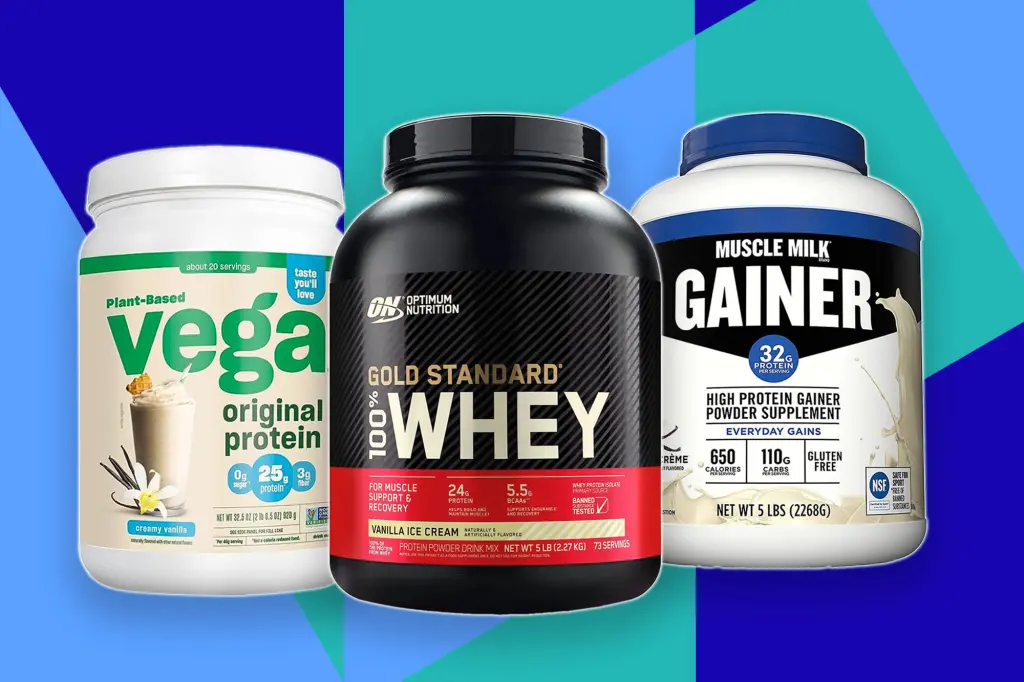As consumer preferences shift toward plant-based, allergen-free, and sustainable food products, the food manufacturing industry is facing increasing pressure to innovate.
One ingredient that has rapidly gained popularity in the B2B space is pea protein powder. With its impressive nutritional profile, clean-label appeal, and versatile functionality, pea protein is emerging as a strategic asset for food producers seeking to stay ahead of market trends.
In this article, we’ll explore how pea protein powder is transforming the food manufacturing landscape and why it should be on the radar of every forward-thinking business owner in the industry.
The Rising Demand for Plant-Based Protein
The global demand for plant-based protein is growing at a rapid pace, driven by health-conscious consumers, environmental awareness, and dietary restrictions such as veganism and food allergies. For manufacturers, this is more than just a trend—it’s a market shift.
Pea protein stands out among other plant-based proteins like soy or rice due to its hypoallergenic nature and non-GMO profile. It provides an excellent amino acid balance and is suitable for a wide range of applications, from beverages and snacks to meat alternatives and dairy-free products.
More importantly, pea protein aligns with the clean-label movement, a priority for today’s consumers who are looking for recognizable, minimally processed ingredients. This makes it an ideal ingredient for brands that want to highlight transparency and wellness.
Functional Benefits for Product Development
From a formulation standpoint, pea protein powder offers several technical advantages for food manufacturers:
- High Solubility: Pea protein dissolves well in both hot and cold applications, making it suitable for functional beverages, protein shakes, and smoothies.
- Emulsification & Texture: It helps improve the texture and mouthfeel of plant-based meat and dairy alternatives, giving products a richer and more satisfying experience.
- Neutral Taste: Unlike some other plant proteins, pea protein has a mild flavor profile that doesn’t overpower the final product.
- Shelf Stability: It enhances product shelf life and stability, which is crucial for scaling and distribution.
These features simplify the R&D process and reduce the time-to-market for innovative new products.
To better understand its strategic importance, this article from Satoria provides a comprehensive overview of how pea protein powder is redefining product innovation in the food manufacturing sector.
Economic and Operational Advantages
For business owners and decision-makers in the manufacturing industry, the choice of ingredients is not just about consumer trends—it’s about operational efficiency and cost-effectiveness.
Pea protein powder provides a cost-stable alternative to animal-based and soy proteins, which are often affected by geopolitical factors, seasonal availability, and fluctuating demand. It also requires less water and emits fewer greenhouse gases in production, making it a sustainable option that aligns with ESG (Environmental, Social, Governance) goals—a growing consideration for B2B contracts and investor relations.
Moreover, with growing pressure from retail buyers and private-label contracts to provide sustainable and allergen-free product lines, integrating pea protein into your formulation can unlock new distribution channels and market segments.
Regulatory and Labeling Benefits
In a regulatory environment where food labeling is becoming more stringent, pea protein simplifies compliance. It’s naturally free of common allergens like dairy, soy, and gluten, and it meets Halal and Kosher requirements—essential for Southeast Asian and Middle Eastern markets.
Satoria, a key supplier in the ingredient industry, offers a high-quality Pea Protein Isolate that meets global food safety and regulatory standards. Their product is ideal for manufacturers looking to scale without compromising on compliance or quality.
Real-World Applications: From Snacks to Sports Nutrition
The versatility of pea protein powder allows manufacturers to target multiple product categories, including:
- Plant-Based Snacks: Protein-enriched chips, crackers, and cookies.
- Meat Substitutes: Burger patties, meatballs, and sausages with enhanced texture.
- Dairy Alternatives: Yogurts, cheeses, and plant-based milk with added protein.
- Sports Nutrition: Clean-label protein bars and powders for active consumers.
Satoria also offers a functional protein blend that combines the benefits of pea protein with other plant sources, providing a balanced amino acid profile for performance-oriented formulations.
Conclusion: A Smart Investment for Future-Proof Food Brands
In today’s fast-evolving food industry, innovation is no longer optional—it’s essential. Pea protein powder isn’t just a functional ingredient; it’s a strategic business decision. Whether you’re launching a new product line, entering the plant-based category, or enhancing your brand’s health and sustainability claims, pea protein gives you the flexibility, compliance, and market appeal you need.
Partnering with reliable suppliers like Satoria ensures you get consistent quality and expert support throughout your product development journey. As consumer demand continues to lean into wellness and sustainability, the manufacturers who embrace ingredients like pea protein will be the ones leading the future of food.
